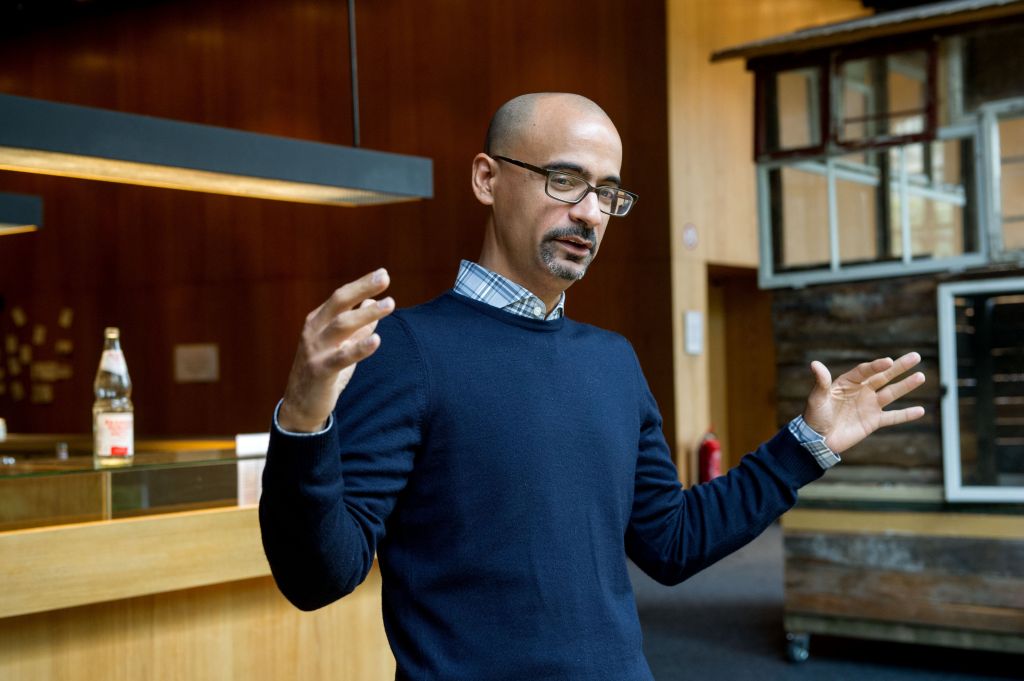
Source: ullstein bild / Getty
The Massachusetts Institute of Technology (MIT)—where Junot Díaz is currently a Rudge and Nancy Allen Professor of Writing—announced Monday that it is investigating the allegations made against the author last week.
“As MIT looks into concerns shared on social media regarding Professor Díaz, we wish to make clear that we do not tolerate sexual harassment at MIT,” the school said in a statement to press. “At all times, we encourage any member of our community who has experienced or witnessed harassing behavior to report it using the resources we make available. Both accusers and the accused have rights and protections within the process we follow—and we strive to protect the privacy of all parties involved.”
On Friday morning (May 4), social media was set ablaze after author Zinzi Clemmons (What We Lose) accused Díaz of forcibly kissing her during a workshop where she invited him to speak. Her coming forward prompted other female writers to do the same, including Carmen Maria Machado (Her Body and Other Parties) and Monica Byrne (The Girl in the Road). On Friday evening, writer Alisa Valdes published a blog post recounting how, more than 10 years ago, backlash silenced her after she came forward about the “painful experience” she had with Díaz in her early 20s.
“He reacted badly,” she writes, “calling me a bitch, denying my account, and badmouthing me to many people in NY publishing.” According to Valdes, Díaz talked her into sex with the promise that he would help her prosper in the writing industry. “The Latino power establishment was quick to slap me down,” she continued. “Who did I think I was?”
Since the initial allegations, the Boston Children’s Museum announced that it canceled a reading Díaz was scheduled to give on May 17. Díaz also withdrew from the Sydney Writers Festival over the weekend, with organizers emphasizing their commitment to providing a “supportive and safe environment for our authors and audiences alike.”
The Pulitzer Prize board—who granted Díaz a Pulitzer in 2008 for The Brief Wondrous Life of Oscar Wao—also “spoke” with the author, but ultimately came to the decision to allow him to remain a board member. Meanwhile, in April, the Pulitzer Prizes honored The New York Times and The New Yorker for stories that “exposed powerful and wealth sexual predators.”
Díaz told The New York Times via a statement shared by his literary agent that he “takes responsibility” for his past.
“That is the reason I made the decision to tell the truth of my rape and its damaging aftermath,” he said referencing the autobiographical essay he wrote in The New Yorker last month. “This conversation is important and must continue. I am listening to and learning from women’s stories in this essential and overdue cultural movement. We must continue to teach all men about consent and boundaries.”
















